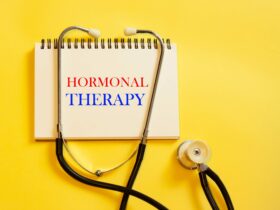United States: The essential tremor is a common movement disorder that breaks out in the form of involuntary shaking in arms, hands, head, jaws, and voice.
A condition that afflicts more than 7 million Americans may boost our risk of dementia by three times, researchers claim.
Elan D. Louis, a professor in neurology at University of Texas Southwestern Medical Center in Dallas and a fellow of the American Academy of Neurology said, “While many people living with essential tremor experience mild tremor, in some individuals, the tremor can be quite severe,” as newsweek.com reported.
Status of Dimentia in US as per CDC
It is enough to say that at the moment, 5 million Americans are 65 years old or older who suffer from dementia.
Alzheimer’s disease, which is a dementia type, is the most frequently seen. Its typical symptoms include memory impairment and thinking and decision-making problems.
More about the latest research
Louis and his colleagues found a new study that those who have the essential tremor are more vulnerable to dementia considerably than others.
The researchers evaluated the performance of this exercise program through a study of 222 patients with essential tremors who started the study with an average age of 79. Participants performed several cognitive assessments, such as thinking and memory tests, measuring whether they had normal brain function, minimal impairment, or dementia.
They were investigated by follow-up check-ups on average every 18 months for an average of 5 years.
As the study commenced, there were 168 cases with basic cognitive skills, 35 cases with minor cognitive impairment, and 19 cases with dementia. Throughout the study period, 59 had mild cognitive impairment compared to 41 who had dementia.
The researchers next contrast this with the rate at which the development of mild cognitive impairment and dementia progresses in the general population. Studies indicated that the subjects of this comparison were approximately three times more likely to suffer from dementia than other people their age.
Nevertheless, these rates were lower in comparison with the ones seen among Parkinson’s disease patients who previously had been found to have increased likeliness of dementia, reported newsweek.com.
More work is needed for better results
Actually, these results are investigated in an observational manner, and more data are required to confirm the association. However, the results might be useful in outlining segments of society who are prone to or easily impacted by the development of dementia.
Louis added, “While the majority of people with essential tremor will not develop dementia, our findings provide the basis for physicians to educate people with essential tremor and their families about the heightened risk and any potential life changes likely to accompany this diagnosis.”











Leave a Reply